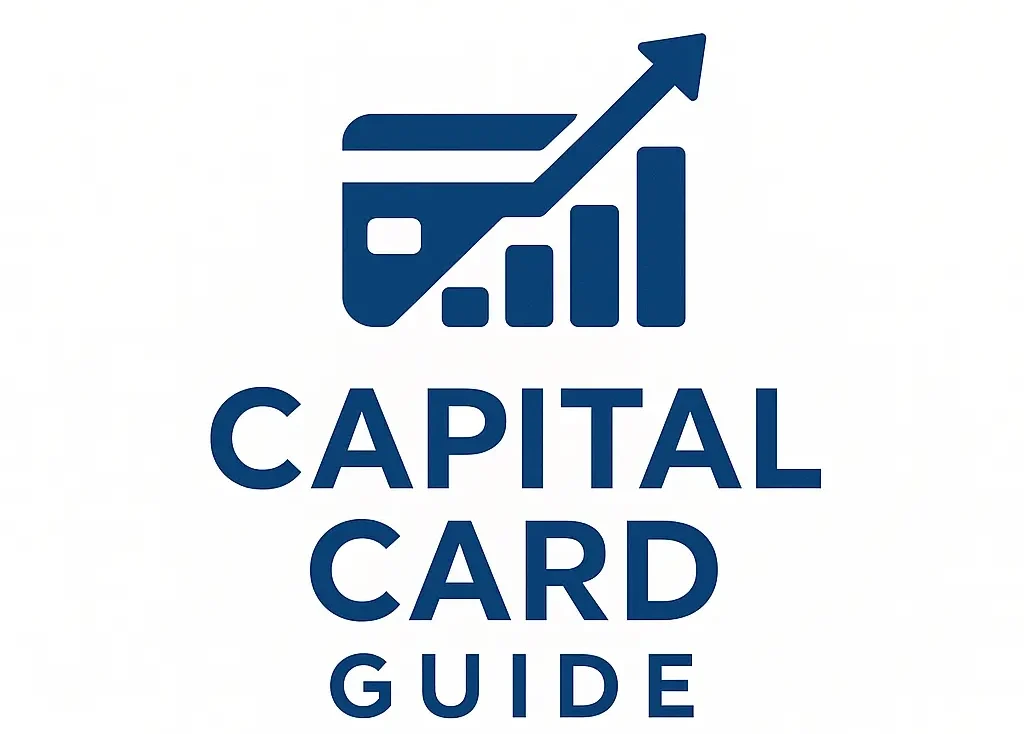What Happens When You Miss a Credit Card Payment?
What Happens When You Miss a Credit Card Payment? When you overlook even a single credit card due date, the consequences can ripple through your finances in unexpected ways. From late fees and higher interest rates to damage to your credit score, the impact can be both immediate and long-term. Understanding the risks and knowing what actions to take after a missed payment is crucial for maintaining financial stability. In this article, we’ll explain what happens step-by-step, how it affects your credit, and how to avoid it in the future.
Understanding Credit Card Billing Cycles
Payment Due Date vs. Statement Date
Every credit card has a billing cycle that ends with a statement date, when your balance is calculated. The payment due date usually falls 21–25 days after this, giving you a grace period to pay without interest.
Grace Period Explained
During the grace period, if you pay your full balance by the due date, you won’t be charged interest. But if you miss this window, you’ll start accruing interest immediately even on new purchases.
What Counts as a Missed Payment?
One-Day Late vs. 30-Day Late
A payment that is one day late may trigger a late fee, but it usually isn’t reported to credit bureaus until it’s 30 days overdue. However, consequences can start sooner than you think.
Partial Payments and Minimum Dues
Paying less than the minimum due still counts as a missed payment. You must at least pay the minimum to avoid being marked delinquent.

Impact on Your Credit Score
Reporting to Credit Bureaus
Once a payment is 30 days late, it’s reported to Equifax, Experian, and TransUnion—the three major credit bureaus.
How Long It Affects Your Report
A single missed payment can remain on your credit report for up to 7 years, even if you later pay off the balance.
FICO Score and Missed Payments
FICO scores may drop 60 to 100 points from a single late payment—especially if you had a good score to begin with.
Long-Term Financial Implications
- Increased APR: Missed payments often lead to penalty APRs, which can exceed 29.99%.
- Reduced Credit Limit: Your issuer may lower your available credit, which hurts your utilization ratio.
- Costlier Future Loans: A lower credit score affects your ability to get mortgages, auto loans, or personal loans at favorable rates.
What to Do If You Miss a Payment
Pay Immediately
The sooner you pay even if it’s just the minimum—the better your chance of avoiding credit damage.
Call Your Issuer
Many card companies have forgiveness policies, especially if you’re a long-term customer with a solid payment history.
Request Fee Waivers
Ask for a waiver of the late fee many issuers will grant this once per year or per account.
Can a One-Time Missed Payment Be Forgiven?
Grace Policies of Major Issuers
Some banks like American Express, Chase, and Discover offer one-time forgiveness programs if you’ve been a responsible cardholder.
Use Good Credit History as Leverage
When negotiating, highlight your history of on-time payments and responsible card usage.
How to Recover After Missing a Payment
- Create a Payment Plan: Break large balances into manageable chunks.
- Use Auto-Pay: Set minimums or full balances to pay automatically.
- Monitor Credit Reports: Track changes using Credit Karma, Experian, or Mint.
Legal and Collection Risks
Account Default
At 180 days late, most issuers charge off the account, which severely damages your credit.
Collections Agency Involvement
Debt may be sold to a collection agency, adding pressure and potential harassment.
Possible Lawsuits
In extreme cases, issuers may sue you for unpaid balances, especially for high amounts.
Strategies to Avoid Missing Payments
- Set up automatic payments for at least the minimum due
- Use calendar alerts or apps like Google Calendar or PocketGuard
- Request a due date change to align with your payday
Common Myths About Missed Payments
Truth
Myths
Real-Life Scenarios and Outcomes
Missed Once
Maria forgot to pay her card for the first time in 5 years. She called Capital One, paid right away, and the fee was waived. Her credit score dropped slightly but recovered within 3 months.
Chronic Lateness
John missed payments repeatedly, triggering collections. It took 2 years of on-time payments and using a secured credit card to start rebuilding his credit.
Frequently Asked Questions
Conclusion
Missing a credit card payment can have serious short- and long-term consequences, including credit score damage, late fees, and higher interest rates. But it’s not the end of the world. With quick action, communication, and a plan for responsible usage, you can bounce back and regain control of your finances. Learn more about how many credit cards should you have?
